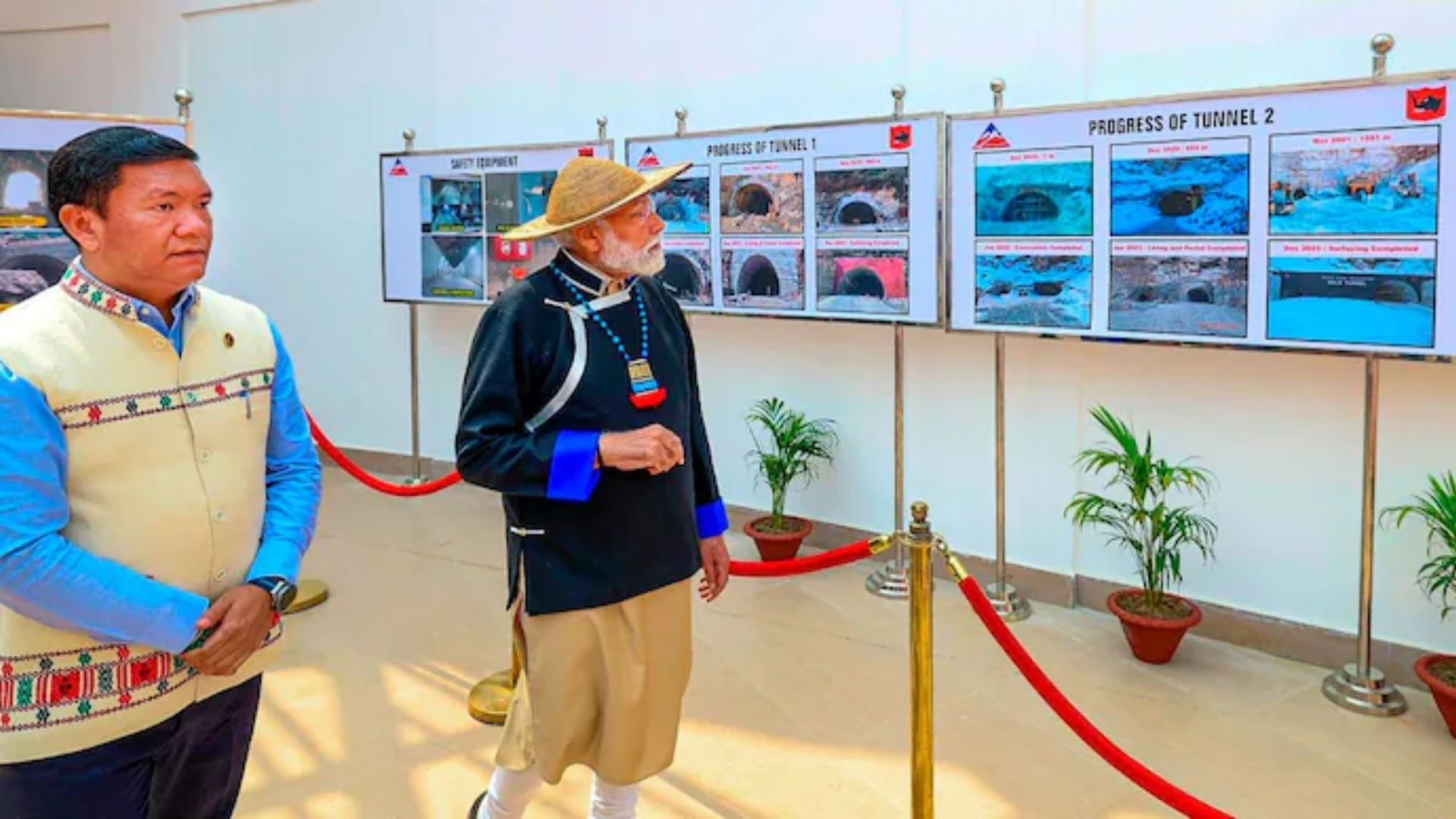India issued a robust response to China’s criticism of Prime Minister Narendra Modi’s visit to Arunachal Pradesh, asserting that the northeastern state remains “an integral and inalienable part of India.” The Ministry of External Affairs (MEA) emphasized that China’s objections to Indian leaders’ visits or developmental projects in the region lack justification.
MEA spokesperson Randhir Jaiswal conveyed India’s rejection of China’s comments, stating that Indian leaders visit Arunachal Pradesh just like other states within the country. Jaiswal underscored that China’s objections do not alter the reality of Arunachal Pradesh’s status as an integral part of India, a position consistently communicated to China on multiple occasions.
The rebuttal follows Chinese Foreign Ministry Spokesperson Wang Wenbin’s remarks expressing China’s strong opposition to PM Modi’s visit to the “East Section of the China-India boundary” and raising concerns with India.
PM Modi recently inaugurated the strategic Sela Tunnel virtually on March 9, a project undertaken by the Border Roads Organisation (BRO) at an altitude of 13,000 feet. The tunnel connects Tezpur, Assam to Tawang in the West Kameng district of Arunachal Pradesh near the Line of Actual Control (LAC).
China’s objections stem from its claim over Arunachal Pradesh, which it refers to as South Tibet, consistently opposing Indian leaders’ visits to the region. Beijing has further designated the area as Zangnan, reflecting its disputed territorial stance.
India’s firm response underscores the ongoing tensions between the two Asian giants over territorial disputes and geopolitical assertions, highlighting the complex dynamics influencing bilateral relations.


















